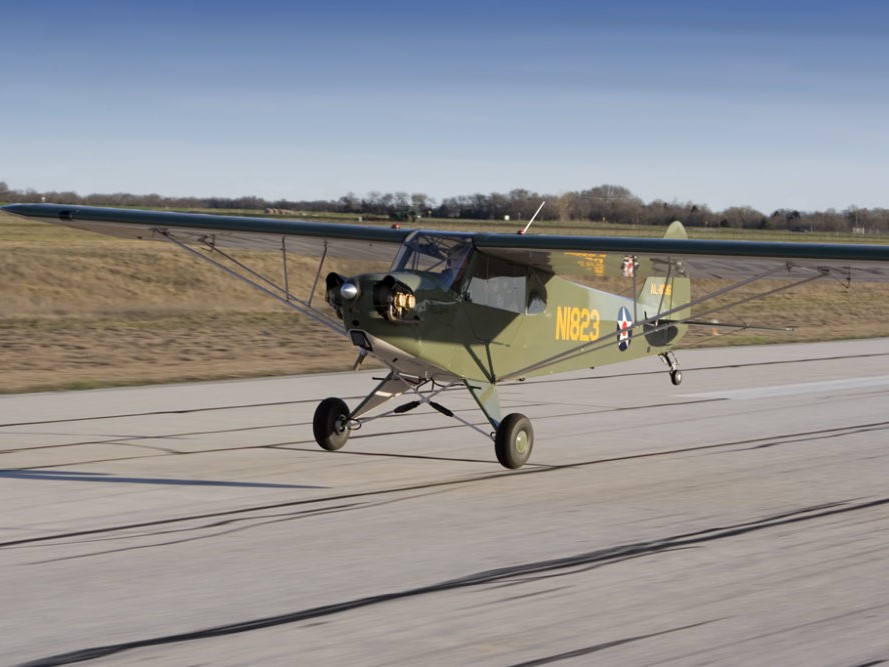The importance of cross-country flight training for pilot certification

Soaring Beyond the Runway: Why Cross-Country Flight Training is Crucial for Pilots
Becoming a certified pilot is a journey, and while mastering the fundamentals on the tarmac is essential, true proficiency lies in venturing beyond the familiar. This is where cross-country flight training comes in, playing a critical role in shaping a pilot’s skills and preparing them for the diverse challenges of the real world.
Beyond the Box: Expanding Horizons
Cross-country training, as the name suggests, involves flying beyond the confines of the local airport. It exposes pilots to a wider range of weather conditions, airspace complexities, and navigational challenges. They learn to navigate using different methods like VORs, NDBs, and GPS, honing their ability to interpret charts and make informed decisions based on available information.
Building Confidence and Resourcefulness
The experience of navigating unfamiliar airspace, encountering unexpected situations, and handling potential emergencies builds crucial confidence. Pilots learn to think on their feet, adapt to changing conditions, and trust their training when faced with unexpected scenarios. This self-reliance, developed through real-world practice, is invaluable in the cockpit.
A Deeper Understanding of Aviation
Cross-country training provides a holistic understanding of aviation. Pilots learn about airport procedures, airspace classes, communication protocols, and weather forecasting, all essential for safe and efficient flight operations. This comprehensive knowledge allows them to operate safely and effectively in a variety of environments.
Expanding Career Opportunities
The ability to fly cross-country is a crucial requirement for many aviation careers. Commercial pilots, flight instructors, and even private pilots who wish to travel extensively benefit greatly from this training. Holding a cross-country rating significantly improves job prospects and opens doors to a broader range of flying opportunities.
Beyond the Classroom: Real-World Application
While theoretical knowledge is important, cross-country training bridges the gap between theory and practice. Pilots gain practical experience, applying their knowledge in real-time scenarios. This hands-on approach reinforces concepts and builds the necessary skills to confidently handle the demands of flying beyond the local airport.
A Stepping Stone to Advanced Skills
Cross-country training serves as a foundation for further development. It prepares pilots to pursue advanced ratings like instrument flight rules (IFR) or commercial pilot licenses, which require extensive cross-country experience. By building a strong foundation in cross-country flight, pilots can confidently progress towards more complex flying scenarios.
In conclusion, cross-country flight training is not just an optional add-on; it is a vital component of a well-rounded pilot education. It goes beyond the basics, equipping pilots with the necessary skills, confidence, and knowledge to navigate the vast world of aviation safely and effectively. As pilots embark on their journey, the experience gained through cross-country training proves invaluable, allowing them to take flight with confidence and embrace the challenges of the sky.
![[Flight Training] First Solo Cross-country Flight - YouTube](https://ytimg.googleusercontent.com/vi/PYPEXgiYURI/maxresdefault.jpg)
